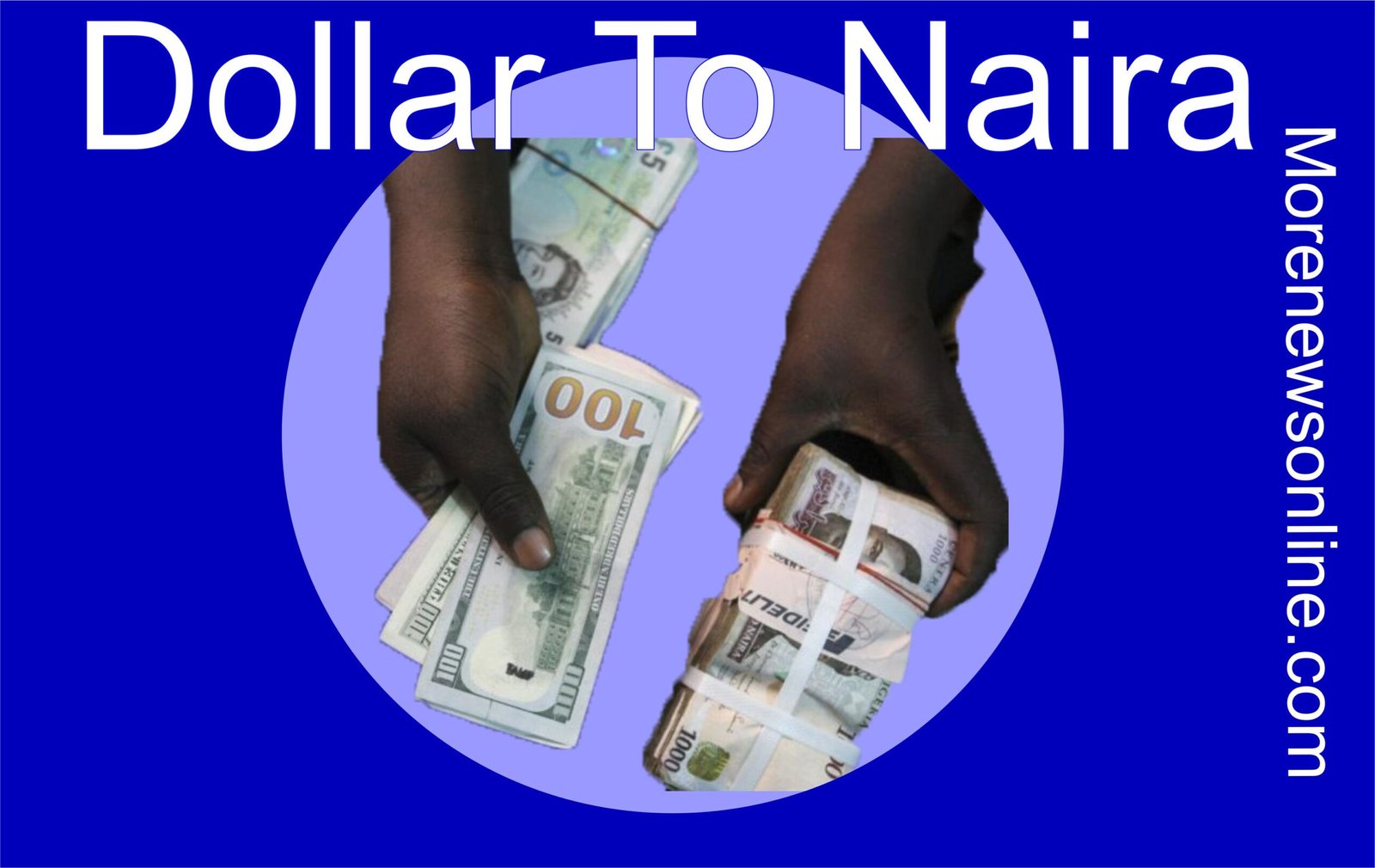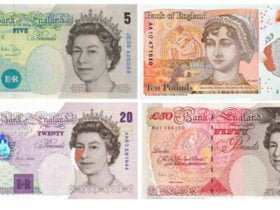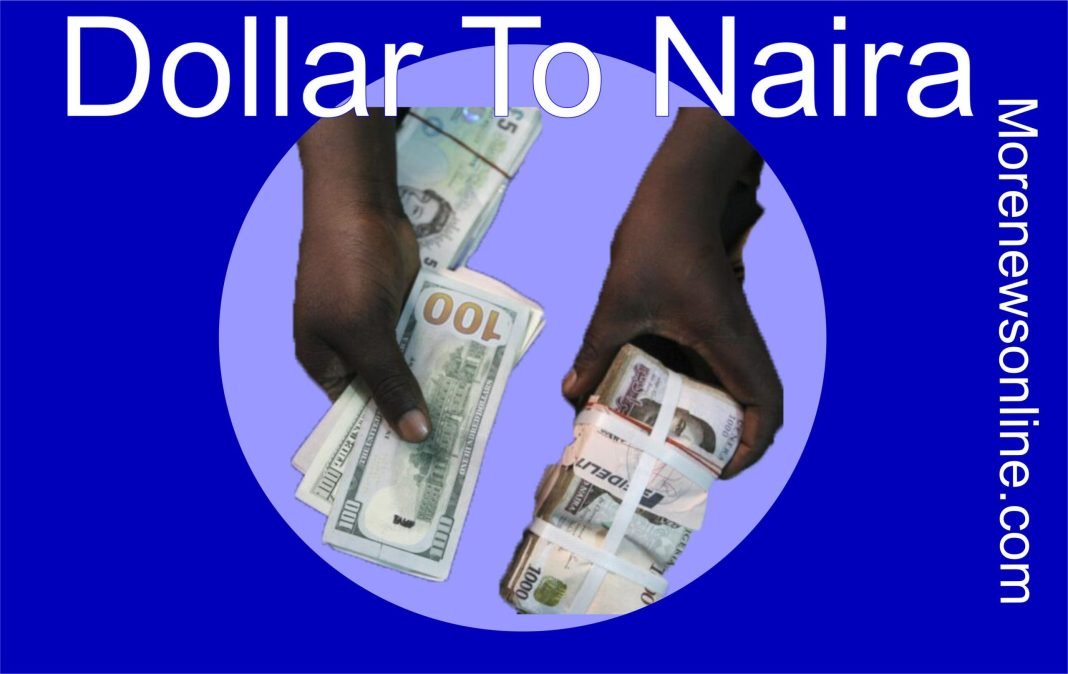The exchange rate for a dollar to naira at Lagos Parallel Market (Black Market) players buy a dollar for N790 and sell at N850 on Friday November 11th 2022, according to sources at Bureau De Change (BDC).
How Much Is Dollar To Naira And The Official Exchange Rate Today, 11th 2022?
Please note that the Central Bank of Nigeria (CBN) does not recognize the parallel market (black market), as it has directed individuals who want to engage in Forex to approach their respective banks. Also check their website cbn.gov.ng.
DOLLAR TO NAIRA BLACK MARKET RATE TODAY, 11th November, 2022
| Dollar to Naira (USD to NGN) | Black Market Exchange Rate Today |
| Selling Rate | 790 |
| Buying Rate | 850 |
Factors Influencing Foreign Exchange Rates
Here are some causes of the dwindling dollar to naira exchange rate;
Inflation Rates: It is well known that inflation directly impacts black market exchange rates. If the Nigerian economy can be stabilized and inflation is brought under control, the naira will benefit; however, if the naira continues to fall, it may indicate that food and other necessities are becoming more expensive daily.
Read Also: Dollar to Naira Black Market Exchange Rate Today – 6th November 2022
Interest Rates: Another tool to keep an eye on is interest rates. If the interest rate at which banks lend money rises, it would harm the economy, causing it to contract and, as a result, the value of the naira to fall.
Government Debt: National debt can impact investor confidence and, as a result, the influx of funds into the economy. If inflows are high, the naira exchange rate will rise in favour of the naira.
Speculators: Speculators frequently impact the naira-to-dollar exchange rate. They stockpile money in anticipation of a gain, causing the naira to plummet even lower.
Read Also: How Much Is Dollar To Naira In Black Market Today, 11th October 2022
Conditions of Trade: Favorable trade terms will lead to an increase in the value of the naira to the dollar, although Nigeria is currently experiencing a trade deficit. Everything comes from China, India, and the majority of Asian countries.
(FAQs) U.S. Dollar to Nigerian Naira Black Market Exchange Rate on November 11, 2022:
What was the black market exchange rate for USD to NGN on November 11, 2022?
On November 11, 2022, the black market exchange rate for the U.S. Dollar to Nigerian Naira was approximately:
Buying Rate: ₦830 per $1
Selling Rate: ₦840 per $1
These rates were reported by The Informant247.
How did this rate compare to the official Central Bank of Nigeria (CBN) rate?
On the same day, the official exchange rate provided by the Central Bank of Nigeria (CBN) was significantly lower, at approximately ₦445.75 per $1. This indicates a substantial disparity between the official and black market rates.
Why was there such a large gap between the official and black market rates?
The significant difference between the official and black market exchange rates can be attributed to several factors:
Limited Access to Official Forex Channels: Due to stringent regulations and limited availability, many individuals and businesses could not access foreign currency through official channels.
High Demand for U.S. Dollars: There was a strong demand for U.S. dollars for purposes such as imports, education, and travel, which the official market could not adequately meet.
Economic Uncertainty: Concerns over inflation, currency devaluation, and economic policies led people to seek more stable foreign currencies, increasing demand in the black market.
Were there regional variations in the black market rates?
Yes, black market rates varied across different regions in Nigeria. For instance, in Lagos, some traders reported buying dollars at ₦830 and selling at ₦840. In other areas, rates could differ based on local demand and supply dynamics.
What were the implications of the high black market rates for the Nigerian economy?
The elevated black market exchange rates had several implications:
Increased Inflation: Higher costs for imported goods led to increased prices for consumers.
Economic Distortions: Businesses faced challenges in pricing and planning due to exchange rate volatility.
Pressure on the Naira: The disparity between official and black market rates undermined confidence in the local currency.




Leave a Reply